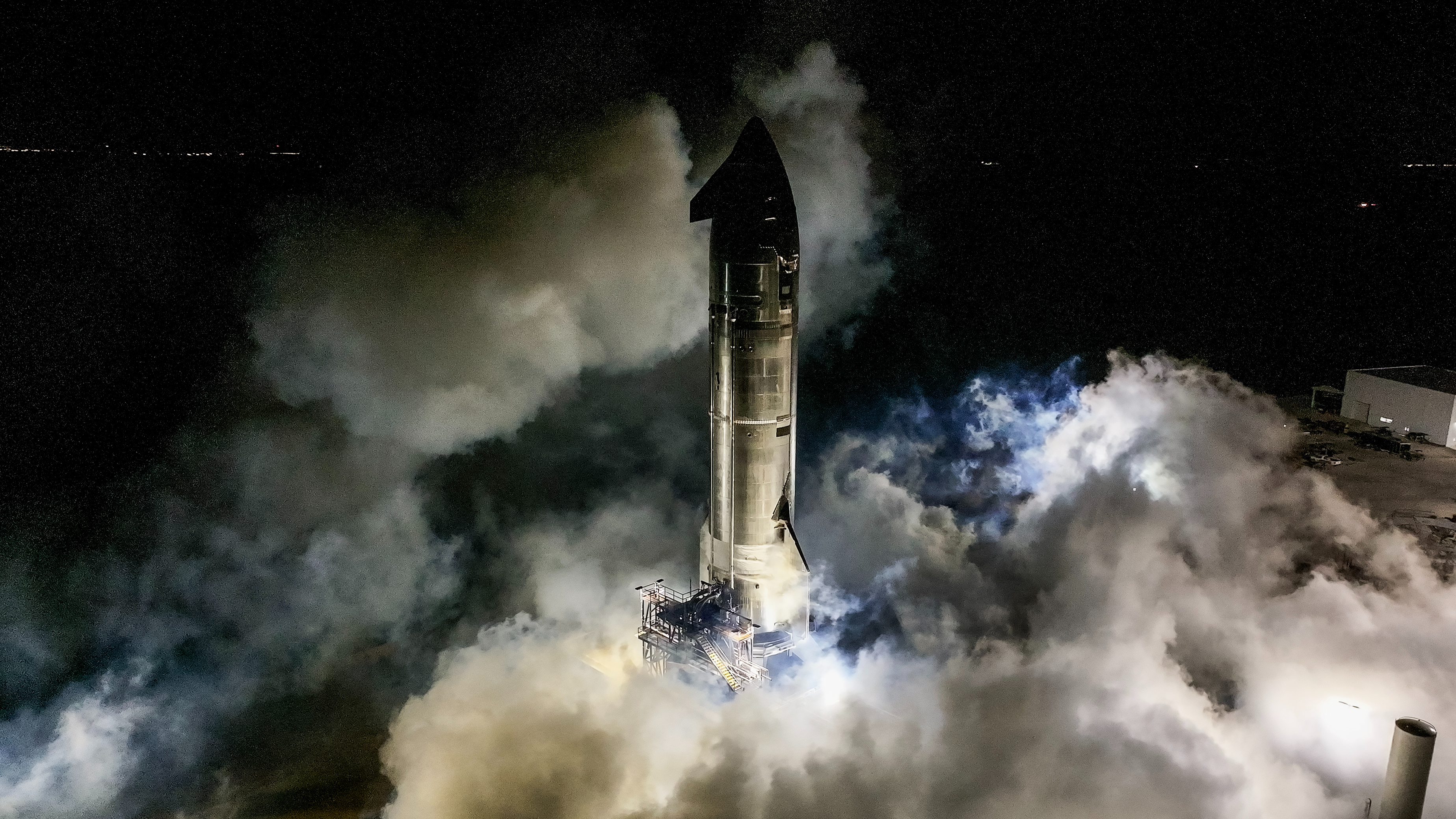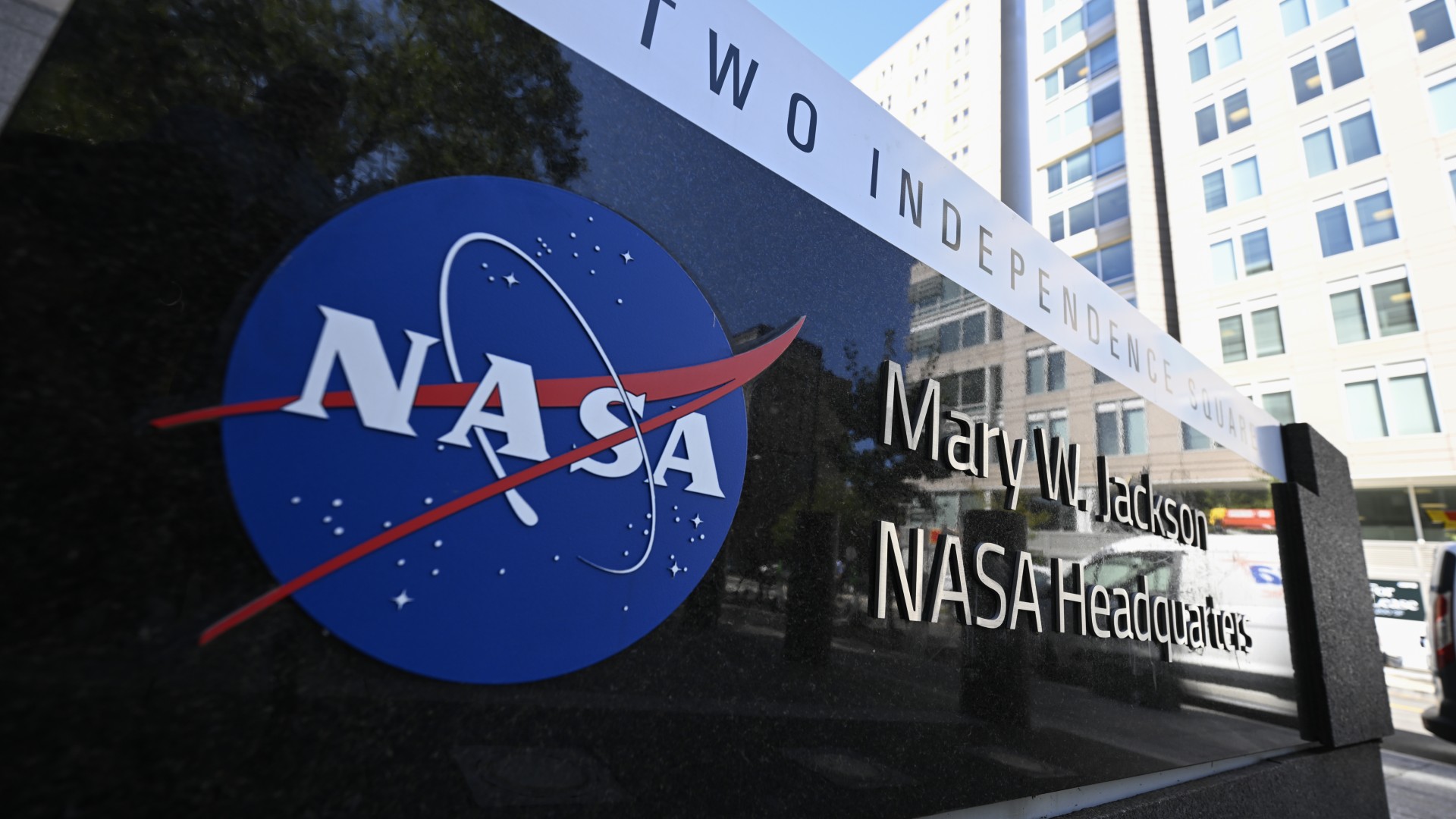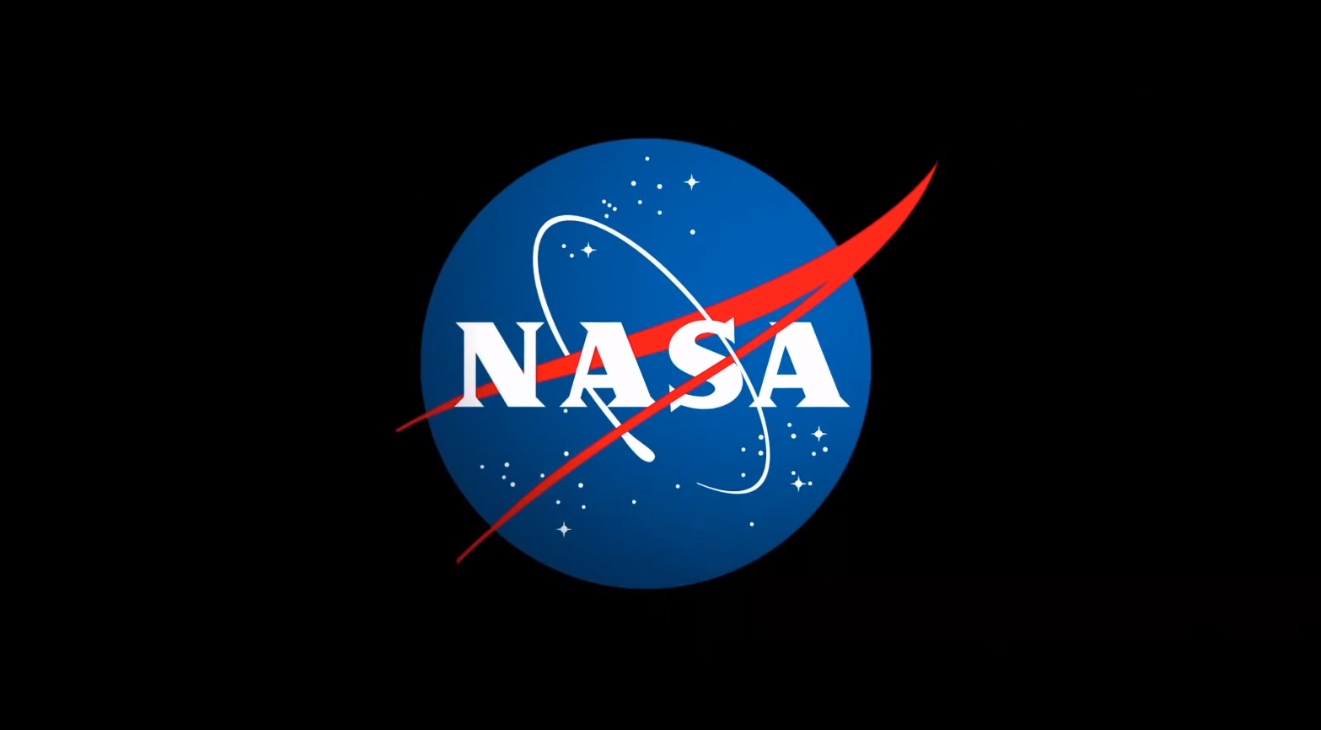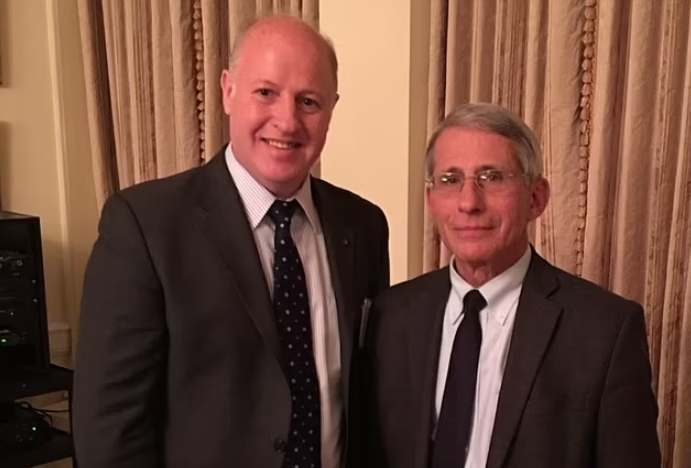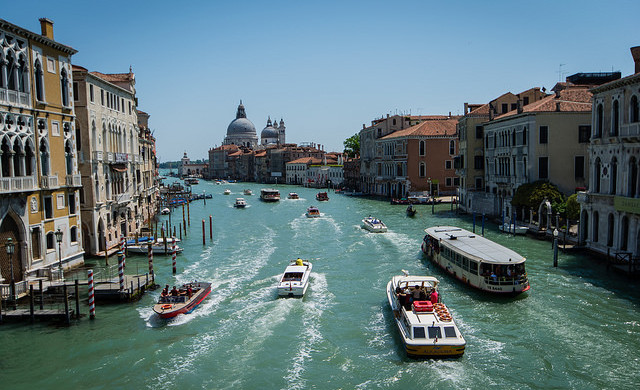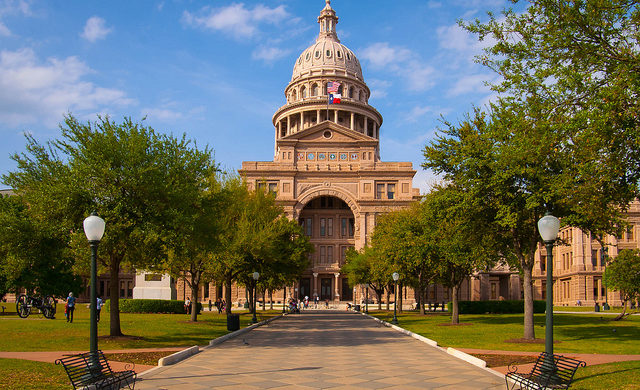How Trump’s ‘America First’ agenda shook the world in first 100 days
President Trump moved quickly to remake American foreign policy in his first 100 days in office, weaponizing his “America First” agenda with the slashing of foreign aid, expansionist threats toward friendly countries, and massively disruptive tariff regime, which has already roiled global markets and relationships. While Trump has frequently touted his dealmaking skills amid the...

President Trump moved quickly to remake American foreign policy in his first 100 days in office, weaponizing his “America First” agenda with the slashing of foreign aid, expansionist threats toward friendly countries, and massively disruptive tariff regime, which has already roiled global markets and relationships.
While Trump has frequently touted his dealmaking skills amid the turmoil of his first few months back in office, uncertainty and confusion have reigned among allies and adversaries alike.
Americans have taken an increasingly dim view of Trump’s major moves on the world stage. While Republicans are more favorable to the president, an NPR/PBS News/Marist poll found a majority disapprove of how Trump is handling foreign policy.
This includes Trump’s threats to assert control over Canada, Greenland and the Panama Canal, the U.S. withdrawal from its leadership role in global health policy, and drastic downsizing of America’s humanitarian aid budget.
And Trump’s strategies for making peace have so far fallen flat – from the Gaza Strip to Russia’s war in Ukraine.
Here are four main things to know about Trump’s foreign policy 100 days into his administration.
Tariffs raise global anxiety
Trump’s tariffs have been the most consequential move of his first 100 days, with an enormous impact on America’s global standing, introducing conflict with allies and heightening tensions with competitors, particularly China.
“I think Trump does think it’s the U.S. versus everybody else,” said Matthew Kroenig, vice president and senior director of the Atlantic Council’s Scowcroft Center for Strategy and Security.
Kroenig said the other two major beliefs in Trump’s orbit are that the world is ripping off the U.S., and that the only way to right those wrongs is through hard bargaining and escalation.
But Trump’s pattern of bombastic demands and then eventual retreat have so far yielded little in the way of results, apart from straining key relationships.
“The trade and tariff wars is, from a security perspective, having a major impact on our allies,” said one senior Democratic congressional aide, who was briefing reporters after a trip to Europe earlier this month.
The tariff wars are forcing Europeans to consider deeper trading ties with the Chinese, even as they are trying to hold Beijing accountable for aiding Russia’s war in Ukraine, the aide said.
And growing anti-American sentiment within these countries is putting pressure on governments to turn away from the U.S., they added.
Expansionist aims roil relations
Trump’s calls to take over U.S. allies like Canada, Greenland, and take control of the Panama Canal have spurred a debate over his end game. And it’s had a major impact on politics in those countries, with Trump’s threats a key factor in elections in Greenland last month and Canada on Monday.
One former senior Republican official, who asked for anonymity to speak candidly, said the expansionist talk was “a distraction,” but also “pretty consequential at the end of the day.”
“I think the heavy handed approach the administration took in all three cases has raised concern throughout the hemisphere," adding it also undermines U.S. efforts to pressure Russia to get out of Ukraine, or China to back off of Taiwan.
Calls to take over Greenland are unpopular, with 54 percent of Americans opposed taking over the Danish territory, in a recent survey by the Pew Research Center. And even some Trump allies question the move.
Rep. Tim Burchett (R-Tenn.), a Trump ally, said the U.S. should not take on a population where “a large portion… lives in public housing,” during an interview with the One Decision podcast.
“I think ultimately, we're just going to open up more trade with them,” he said.
In Canada, newly minted Prime Minister Mark Carney struck a combative tone against Trump as a central feature of his campaign.
Trump’s criticism of Chinese companies controlling traffic through the Panama Canal spurred a deal for U.S. company BlackRock to buy out Hong Kong’s CK Hutchinson, but China has reportedly blocked the transaction, railing against “economic coercion and bullying.”
Trump’s peace efforts sputter
Trump made quickly ending wars abroad a major feature of his campaign.
But the president has signaled growing frustration with the pace of deals, telling Russia and Ukraine that the U.S. could walk away if a deal is not reached within a matter of days, while seemingly setting aside efforts to reach another ceasefire between Israel and Hamas – with 59 people, including one American, still held hostage in the Gaza Strip. Trump is also seeking to pressure Iran into a new nuclear deal, threatening a military option if talks fail.
Trump often says that he wants to stop the killing in these conflicts, but frequently touts economic opportunities as well.
He has raised the possibility for joint U.S.-Russia economic ventures if the war in Ukraine is ended, and suggested the Gaza Strip’s coast could be transformed into luxury resorts. He is also intent on brokering ties between Saudi Arabia and Israel as part of his Abraham Accords, the 2020 normalization agreements between Israel and three Muslim countries.
Steve Witkoff, a fellow real estate titan who has become Trump’s point person for peace talks, has said a guiding priority is increasing investment opportunities.
“I do think there's a kind of sense among economist types that [war] is inefficient,” said Kroenig, of the Atlantic Council. “We're destroying people and property. Why are we doing this? And then, too, I do think that even though [Trump is] controversial and some people don't like him, that he does have a moral core.”
U.S. soft power in retreat
Trump has overseen a wide-scale scrapping of America’s soft power tools: including America’s humanitarian assistance budget, withdrawal from the World Health Organization, shutdown of international investment projects like the Millenium Challenge Corporation, and taking off the airwaves the Voice of America and other U.S.-funded foreign media outlets.
The moves have enraged Democrats, while Republicans have largely supported the cost-cutting efforts, despite past support for the soft-power programs.
“Terminating it abruptly is not the way to responsibly hand over control and responsibilities of these programs,” said the former Republican official, and criticized these cuts as damaging America’s best soft power tools.
A second senior Democratic congressional aide said Secretary of State Marco Rubio, a longtime senator, has been more receptive than some in the administration to concerns from Congress, though with limited success in changing policies.
“I will say 30% of the time the administration reacts,” the aide said, and highlighted Rubio issuing a humanitarian waiver to allow life-saving U.S. assistance to continue amid a blanket freeze on funds. The aide still criticized the waiver as “woefully inadequate.”
Kroenig expressed hope the president could eventually respond to pressure.
“If you look at the first term of Trump, I think you did see more chaos early on than later… I guess things will stabilize, and that maybe where they've overreached, they will pull back.”

































